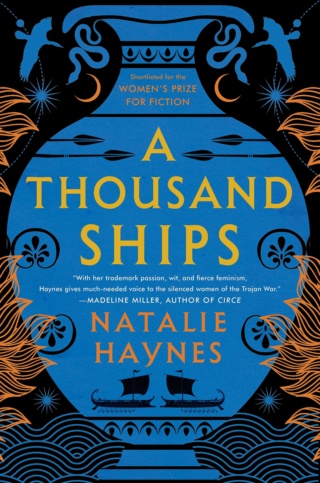Link to the video essay: https://youtu.be/7m0oJRAywZ4
Transcript and Sources:
My choice of a last meal used to be enchiladas and negro modello, bottle wrapped in a wet paper towel and frozen, based on a dinner I had on a vacation where my partner and I went to random places around the country on an aimless week long road trip.
But that doesn’t feel right anymore. I had been researching the idea of last meals for a short story, a fact I’m going to mention again in this video because I made this out of order, haha, and I think I need an update. Something more me now and less me in my 20s.
That meal doesn’t have the connotations it used to.
When my great grandfather came to the United States he came with a copy of Dante’s Inferno and it wasn’t until I started researching last meals that I realized Faust has the same level of cultural relevance and importance to Germans that Dante has to Italians. I mean, most of our popular ideas of hell come from Dante’s Inferno, not Christian doctrine, and Faust has just as much significance.
A quick tour for those not familiar with Doctor Faustus and the many versions of his tragedy, most popularly I’m going into site Goethe’s Faust; Faust is a protagonist of the German legend based on the historical Johanna Georg Faust.
The general jist is that Faust, an academic and narcissistic man, becomes dissatisfied and depressed, and after an attempt on his own life, he calls on the Devil to make a bargain–hence the term Faustian. Mephistopheles, a demon, appears, and makes a bargain with Faust for knowledge and pleasure in exchange for his soul.
The historical Faust was an alchemist, magician, and scholar of the German Renaissance, born sometime in the mid 1400s, there’s some discrepancy on when. There’s scattered mention of him in first hand sources for the next hundred years, often performing magical acts or giving horoscopes to important officials and royals, only to be banished for being a freaky mystic. He is thought to have died in 1540 or 1541 as the result of an explosion in his alchemical lab. There are many written works in the early 1500s ascribed to Doctor Faust, detailing magical incantation, some of them falsely ascribed to being written during his lifetime.
Goethe’s Faust has a romantic bent and proclaims that Faust gained his metaphysical and esoteric knowledge from the aforementioned deal with the devil. But the story is, in a way, truly about Gretchen.
Gretchen is also based on a historical figure, Susanna Margaretha Brandt, a woman who famously convicted of and executed for infanticide, claiming that she was under demonic possession. She had been drugged and raped, conceiving the child, then got rid of it once it was born. Goethe was familiar with Brandt as several friends and family members were directly involved in her court case and the young Goethe lived in very close proximity to her. He worked her story into the story of Faust, saying that the principal reason she Was led astray was by Faust, selfishly pursuing carnal and secular pleasures, and that while both were temped by Mephistopheles, Gretchen is the character whom repents and is therefore absolved.
The historical Susanna Margaretha Brandt has a famous last meal, which she refused and instead only drank water, giving the meal to the guards.
Out of kindness, the guards then lied to her, saying her head would not be impaled after her execution, but she was beheaded and gibbeted to serve as a deterrent.
In the story by Goethe, this young woman he was familiar with was vindicated and allowed into heaven for turning away the selfish, depressive, and miserable Faust and shunning bargains with him a Mephistopheles when she could have evaded her fate, she chose to face it. For the real Susanna Margaretha Brandt, however, she suffered a brutal death at the hands of men, because of the actions of men.
Access Esoteric Works Attributed to Johann Georg Faust at:
https://books.google.com/books?id=ESpXAAAAcAAJ&pg=PA7#v=onepage&q&f=false
https://archive.org/details/bub_gb_v-tXAAAAYAAJ/page/154/mode/1up?view=theater
Das Kloster (full title Das Kloster. Weltlich und geistlich. Meist aus der ältern deutschen Volks-, Wunder-, Curiositäten-, und vorzugsweise komischen Literatur ) is a collection of magical and occult texts, fairy tales and legends of the German Renaissance compiled by Stuttgart antiquarian Johann Scheible in 12 volumes, 1845-1849. Vols. 3, 5 and 11 are dedicated to the Faust Legend.


You must be logged in to post a comment.